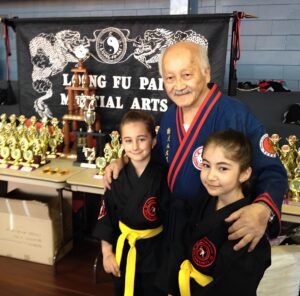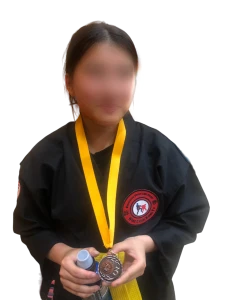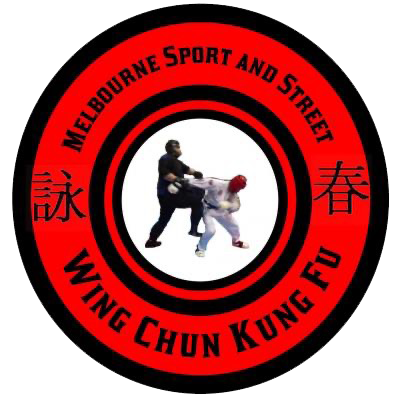Martial Arts Competitions and Tournaments: The Ultimate Test of Skill
By Maurice Novoa a master under the Yuen Kay Shan, Ip Man and Pan Nam lineages.
Introduction
Greetings, fellow martial arts enthusiasts! I’m your experienced martial arts instructor, and today, we’re diving headfirst into the electrifying world of martial arts competitions and tournaments. These events are where fighters showcase their hard-earned skills, determination, and the true spirit of their chosen fighting styles, including the revered Wing Chun. Whether you’re an aspiring martial artist or simply curious about the world of competitive martial arts, join me as we explore the excitement, challenges, and rewards of these thrilling contests.
The Essence of Martial Arts Competitions
Competing in martial arts tournaments is a defining experience for practitioners. It’s not just about winning or losing; it’s a journey of self-discovery and growth. Here’s a closer look at what martial arts competitions are all about.
Celebrating Dedication and Mastery
Martial arts competitions provide a platform to celebrate the dedication and mastery that practitioners have achieved through years of rigorous training. These events are a testament to the artistry and precision inherent in martial arts.
Embracing the Spirit of Sportsmanship

While competition can be fierce, the spirit of sportsmanship is at the heart of martial arts tournaments. Fighters often display mutual respect, camaraderie, and admiration for their fellow competitors, fostering a sense of community.
Preparing for Battle: Training and Discipline
The Training Regimen

Preparing for a martial arts competition demands unwavering discipline and dedication. Fighters adhere to rigorous training regimens, focusing on refining their techniques, enhancing their physical conditioning, and developing mental resilience.
Skill Refinement: Training involves honing techniques specific to their chosen fighting style, such as Wing Chun’s precise strikes and rapid footwork.
Physical Conditioning: Building strength, agility, and endurance is essential for withstanding the physical demands of competition.
Mental Resilience: Fighters learn to stay composed under pressure, think strategically, and adapt to their opponents’ tactics.
Diet and Nutrition

A fighter’s diet plays a crucial role in their preparation. Proper nutrition fuels their training, aids in recovery, and ensures they are in peak physical condition on competition day.
Balanced Nutrition: Fighters follow balanced diets that provide essential nutrients, including protein for muscle repair and carbohydrates for energy.
Hydration: Staying hydrated is paramount to maintain energy levels and prevent fatigue during training and competition.
The Thrill of the Fight: Martial Arts Tournament Formats
Sparring Competitions

Sparring competitions are the most common format, where fighters engage in controlled combat, aiming to score points or achieve a knockout. These events allow participants to apply their fighting style’s techniques in a dynamic and realistic setting.
Point Sparring: Fighters earn points for landing strikes on specific target areas, emphasizing accuracy and technique.
Continuous Sparring: This format involves continuous action, promoting endurance and adaptability.
Forms Competitions

Forms, or “katas,” competitions focus on the precise execution of predetermined sequences of movements. Judges evaluate the fighters’ techniques, balance, and overall performance.
Artistic Expression: Forms competitions allow fighters to showcase the artistic and traditional aspects of their fighting styles.
Judging Criteria: Judges assess factors like technique, fluidity, and precision when scoring forms.
The Road to Victory: Strategy and Mindset
Strategic Planning
Successful competitors develop strategic game plans that encompass offense, defense, and counterattacks. They analyze their opponents’ strengths and weaknesses to exploit opportunities during the fight.
Mind Games: Psychological tactics, such as feints and mind games, can be employed to gain an advantage over opponents.
Adaptability: Being able to adjust strategies mid-fight is a hallmark of skilled fighters.
Mental Resilience
The mental aspect of competition is equally important as physical prowess. Maintaining composure under pressure, managing nerves, and staying focused are essential.
Visualization: Visualization techniques help fighters mentally rehearse their techniques and strategies.
Breathing Exercises: Controlled breathing techniques aid in staying calm and focused during bouts.
The Lessons of Victory and Defeat
Winning with Humility

Victory teaches humility. Winning a martial arts competition is a testament to a fighter’s dedication and skill, but it’s also a reminder to remain humble and continue learning.
Learning from Defeat
Defeat, while challenging, offers valuable lessons. It encourages fighters to analyze their mistakes, refine their techniques, and return to the dojo with renewed determination.
Conclusion: Embrace the Challenge
Martial arts competitions and tournaments are the crucible in which fighters forge their skills and test their mettle. They offer a unique opportunity for personal growth, camaraderie, and the chance to showcase the beauty of Wing Chun and other fighting styles. So, whether you aspire to compete or simply appreciate the dedication and artistry of martial artists in the ring, remember that the journey is just as important as the destination.
Ready to embark on your own martial arts competition journey? Join our classes and experience the thrill of testing your skills in the arena.
Explore martial arts today and discover the exhilaration, challenges, and rewards of competing in tournaments. Your path to martial arts excellence begins here!

